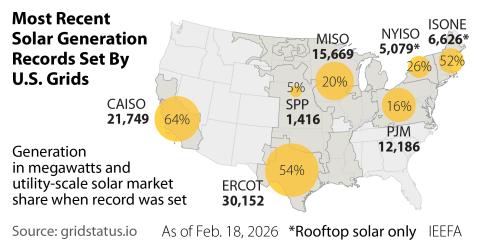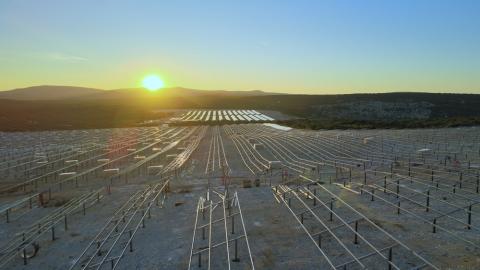A renewed push on solar-powered irrigation would accelerate India's energy transition
Download Full Report
View Press Release
Key Findings
India is the world’s third-largest electricity market after the U.S. and China and also one of the fastest growing electricity markets. Under the Paris Climate Agreement India set ambitious targets to reduce its emission intensity and decarbonise its electricity sector through large-scale deployment of renewable energy.
The Government of India’s ambitious target to install 450 gigawatts (GW) of renewable energy capacity by 2030 has drawn enormous interest from global investors, developers and energy companies with the ability to deploy capital at an unprecedented scale.
The majority of capacity additions have come in the form of utility-scale solar and wind projects on the back of favourable economics and ultralow wholesale tariffs. However, similar momentum has yet to be seen in distributed solar energy capacity.
Executive Summary
Solar irrigation pumps have been identified as an extremely effective way of supporting expansion of distributed solar generation whilst supporting India’s vast power demand in the agricultural sector. In IEEFA’s view, solar irrigation pumps when implemented sustainably are a key instrument to tackle the growing challenges of the nexus between food, water and energy in India.
Additionally, we note that significant up-scaling of solar irrigation pump deployment would provide multiple benefits to India in terms of:
- Reducing the need for heavily subsidised electricity to the agricultural sector, which would help to alleviate discom financial distress;
- Aligning solar generation with irrigation time of use;
- Replacing subsidised, imported diesel, with the associated foreign exchange and reduced current account drain;
- Significantly contributing to the nation’s carbon emissions reduction efforts;
- Expanding and diversifying farmer incomes; and
- Providing a sustained domestic and even export opportunity for system manufacturing under the Centre’s ‘Make in India’ campaign.















